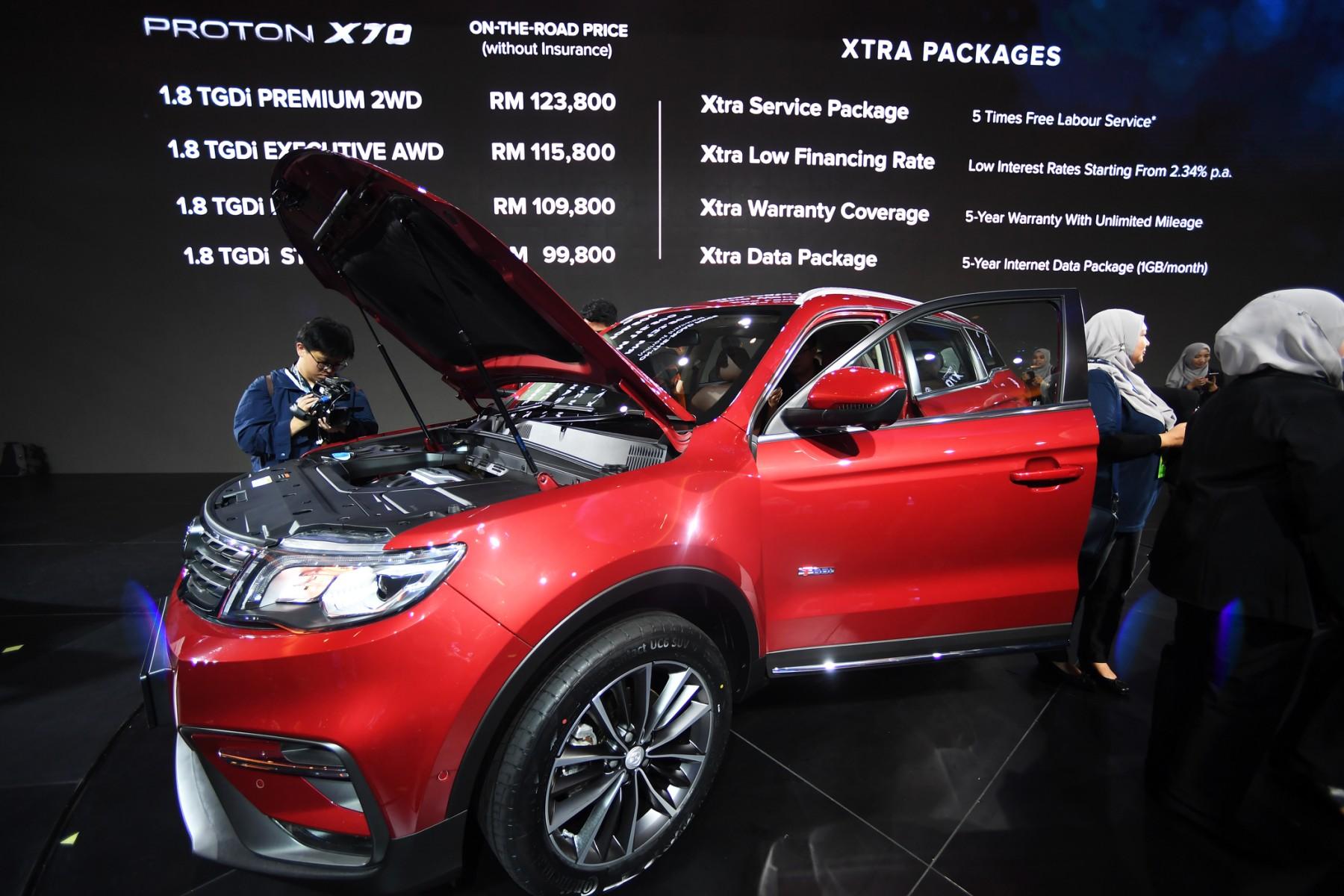Long road to success for Proton-Geely venture, say automotive experts
While Proton has succeeded in stabilising its operations and is doing well in terms of sales, they say more needs to be done regarding the transfer of technology.
Just In
Five years after it sealed the deal with Chinese carmaker Geely, Proton appears to be doing well with sales on the rise even as the country continues to struggle with the effects of the Covid-19 pandemic.
But several automotive experts say the joint venture with the national car company still has some way to go before it achieves its goal of turning Proton into a strong brand name, especially on the global stage.
Hezeri Samsuri said the joint venture with Geely had succeeded in freeing Proton of the turmoil it faced prior to the deal. Nevertheless, he said it was still far from able to compete with established names in the international market such as Honda or Toyota.
For him, the main issue is the apparent lack of technology transfer – a key part of Proton’s agreement with Geely.
“In terms of saving Proton, yes, it succeeded. But it did not succeed 100% because when the joint venture was signed, we were promised the transfer of technology,” he said.
“My question is, how many from Proton have been sent to China to learn from Geely or Volvo?”
Hezeri, the editor of automotive news site Careta.my, said this was crucial to Proton’s ability to develop its own technology as is done by foreign companies.
“Honda has Vtec and Toyota produces the VVTI system,” he said.
“Proton still has no technology of its own, which is why it is important to move in that direction.”
Hezeri said Proton was sitting comfortably in terms of company operations.
“But for the long run, I don’t see anything yet.”
The joint venture between Proton and Geely was inked in 2017, when Proton’s parent company DRB-Hicom sold a 49.9% stake to Zhejiang Geely Holding Group.
Automotive expert Chips Yap said the agreement should have been signed earlier as it is difficult for companies to have much of an impact when moving solo.
“Proton still has no technology of its own, which is why it is important to move in that direction.”
Speaking to MalaysiaNow, he pointed to Perodua as a good example of this.
Perodua, widely known as Malaysia’s second national carmaker, maintained its joint venture with Daihatsu and succeeded in dominating over the local automotive market with a stake of about 25%.
It marked its first breakthrough in 2006 with the highly popular Myvi model, which has since undergone several iterations and is now the best-selling vehicle in the country.
“Perodua felt that it still needed to learn about developments in the automotive world, so it continued its relationship with its partner,” Yap, of PISTON.my, said.
“This is the right kind of attitude. It listens to its partner, and although many say that Perodua is just rebranding, most of its models are in fact made by locals.”
Acknowledging Perodua’s high cost of engineering due to its use of external expertise, Yap nevertheless said that this was not a problem as automotive giants such as Toyota do the same in order to develop new models.
Both he and Hezeri agreed that Proton and Perodua should not be seen as competing as they have different customer targets.
While Proton leans more towards the international market, they said, Perodua targets the local market and focuses on producing affordable cars.
“Proton tried to do this but lost out in terms of affordability,” Hezeri said.
“But the Proton brand is still strong in Malaysia. Geely could give it the opportunity to continue developing its products.”
Yap meanwhile said the introduction of models such as the X50 and X70 had given Proton a new lease of life, noting the positive reception these cars had received among Malaysian customers.
“Geely has also invested a lot in developing the Proton factory in Tanjung Malim,” he said.
“It’s obvious that they are making plans to export.”
He said this was a good move as Proton could not afford to rely solely on the domestic market.
“It needs to focus on the export market in its efforts to boost its sales, in order to generate more revenue,” he said, adding that the joint venture with Geely had succeeded in achieving this target.
Subscribe to our newsletter
To be updated with all the latest news and analyses daily.
